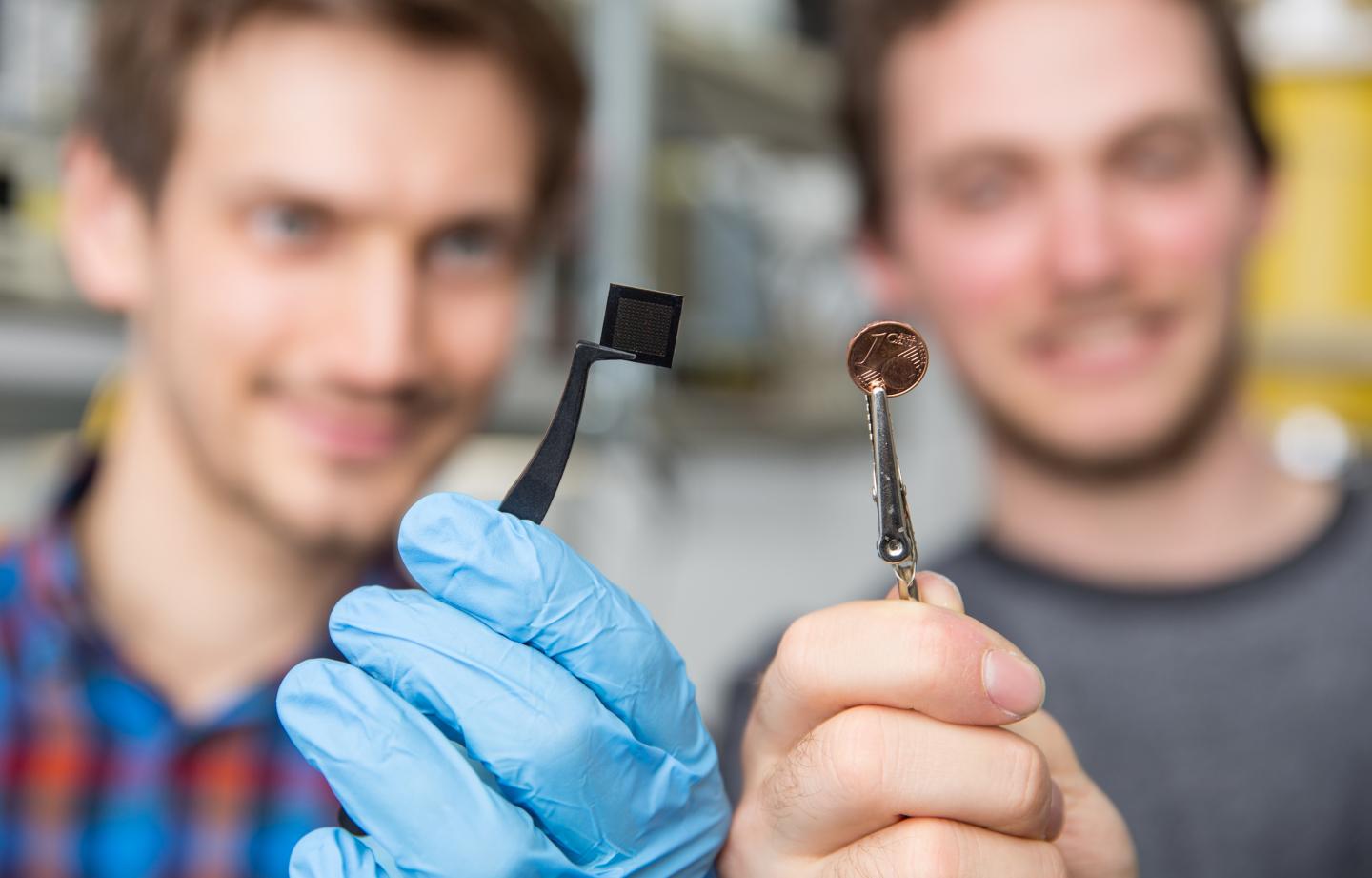Researchers take a step towards light-based, brain-like computing chip
A technology that functions like a brain? In these times of artificial intelligence, this no longer seems so far-fetched – for example, when a mobile phone can recognise faces or languages. With more complex applications, however, computers still quickly come up against their own limitations. One of the reasons for this is that a computer … Read more


